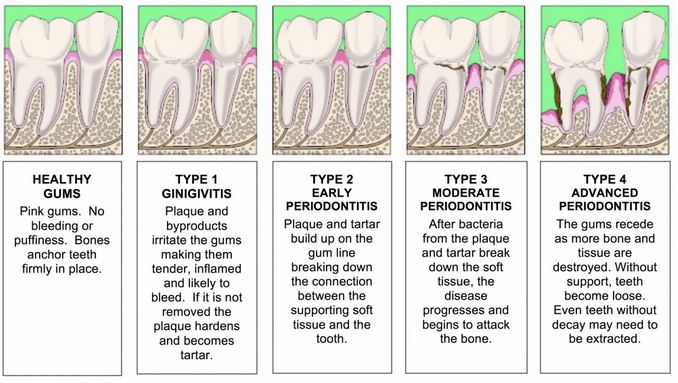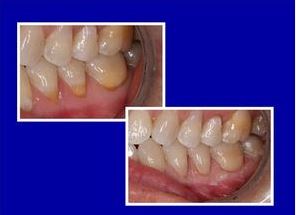Our office receives many inquiries regarding dental insurance. My office manager (Vicki) and I have both been in the dental profession for over 25 years, and in that time we have seen tremendous changes in dental benefit coverage. When the first company offered dental insurance in 1950, the policy covered an individual for $1000 in benefits per year. Many people have a similar annual limit 65 years later! There is a lot of misinformation being disseminated about dental insurance, and I thought it would be a good idea to address some of these points:
Q: Why doesn’t my insurance cover the procedures that Dr. Koshki tells me that I need, like a night guard or an implant?
A: Dental insurance isn’t really insurance after all. It is a pre-determined benefit which allows a reduction of fees (if within a PPO network), and a specified amount a year to be used to help cover the costs of dental care. It is not based on individual needs or diagnosis. The insurance company never sees your health assessment, nor do they change benefits for individuals based on any criteria. All benefits are the same for all members of a group and are fixed and created to make fiscal sense to the employer or group offering the plan.
Q: I don’t have insurance, what plan can you recommend for me as an individual?
A: There is no individual policy that will pay well or give you comprehensive coverage. Any individual policy available will either be a simple discount plan (with extremely low reimbursements paid directly to you after you pay us in full), or the few PPO’s that exist for individuals have extensive limitations, exclusions, downgrades and significant waiting periods that devalue paying for any such policy.
Q: What should I do then? Are you telling me I can’t get help to pay for my dental care?
A: Unlike medical care, dental care is still affordable for most people. The important thing is to keep up with excellent home care (brushing and flossing, following instructions given by Dr. Koshki or his Hygienists). See us for preventive care at least twice a year, and barring emergencies, your expenses should not present a burden. If you need more extensive dental care, we have interest free financing for extended periods of time to help you budget.
Q: My group dental policy booklet says that all procedures are covered at 100%, why do I still have to pay out of pocket when I see Dr. Koshki?
A: The details of many plans are complex. Keep in mind that your insurance is a contract between you, your employer and the insurance company. There are deductibles, exclusions, frequency limitations and downgrades that are ever changing. This office does everything it can to help understand your plan, but we cannot know every detail of your contract.
Q: I have double coverage, will all of my services be covered at 100%?
A: There have been changes in “Coordination of Benefits” policies that your insurance companies may follow, and even though you have double coverage, you may still need to pay out of pocket for some of your treatment charges.
Q: Will you still see me if I have HMO plan?
A: We will welcome you as a patient and you will need to pay 100% out of pocket for all services provided.
Here at the office of Dr. Moeiz Koshki, you will be treated with the utmost respect and consideration. We provide all dental treatments with prevention at the forefront of care. We offer the same level of excellence regardless of any or no insurance involvement.













